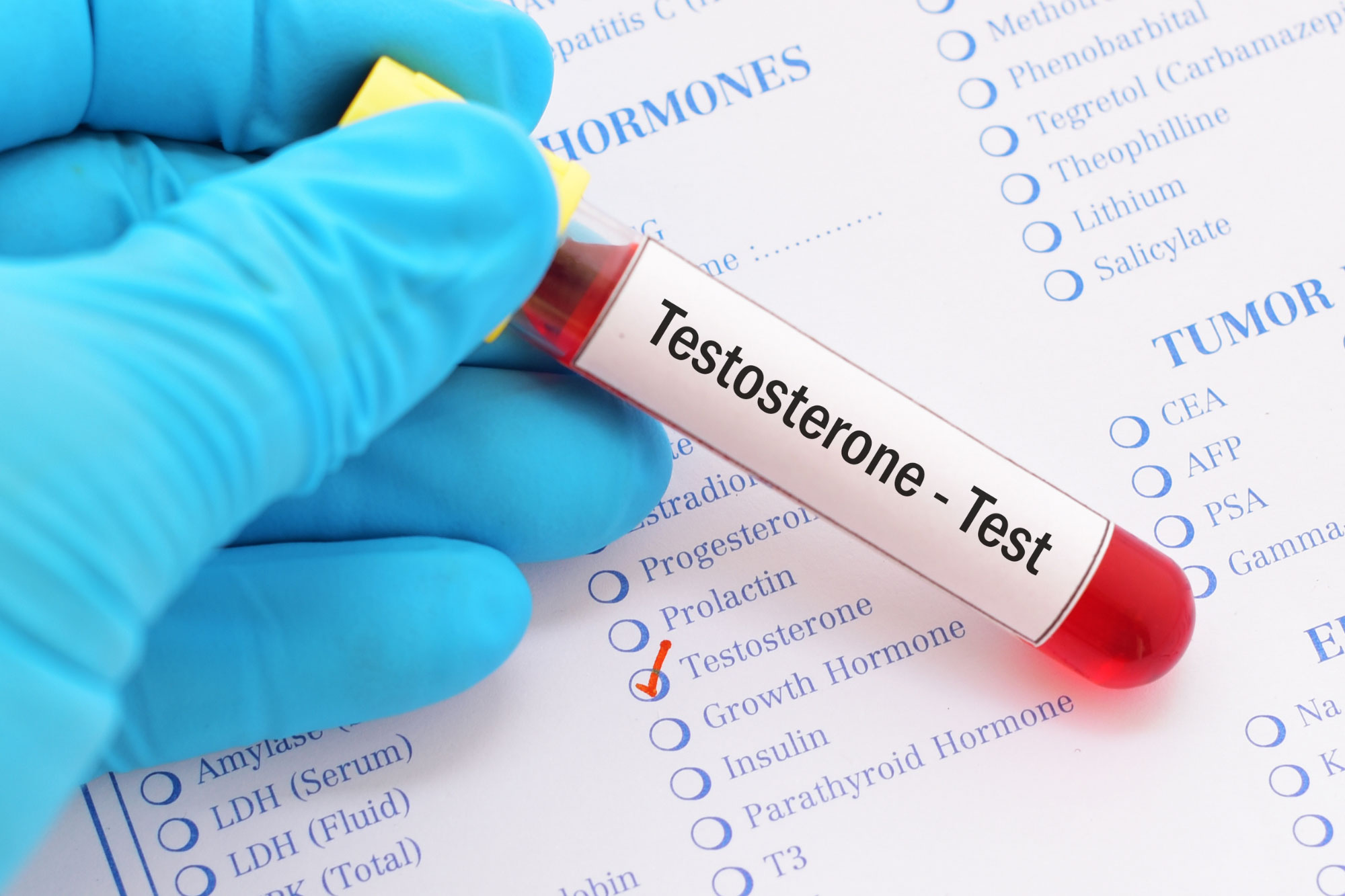Testosterone is a hormone that plays a vital role in the body, especially in men. It is responsible for the development of male sexual characteristics, such as muscle mass, body hair, and deep voice. However, in both men and women, testosterone affects mood, energy, and overall health. When free testosterone levels are low, it can lead to various complications, including decreased libido, weight gain, and fatigue. In this blog, we will explore testosterone free levels, what they are, and why they matter.
What is Testosterone?
Before discussing free testosterone levels, it is important to understand what testosterone is and how it works. Testosterone is produced in the testicles in men and ovaries in women. It is responsible for building muscle, increasing bone density, and regulating sex drive. Testosterone levels vary depending on age, sex, and overall health. However, as men age, testosterone levels naturally decrease, leading to various conditions such as sleep apnea, decreased cognitive function, and increased risk of heart disease.
Bound Testosterone Verses Free Testosterone
There are two types of testosterone in the body: bound and free. Bound testosterone is attached to proteins, which make it unavailable for use. Free testosterone, on the other hand, is unattached to proteins, making it available to the body to use. Free testosterone is the hormone that is responsible for building muscle and regulating sex drive.
Why Free Testosterone Is Important
Free testosterone is a crucial hormone for maintaining various physiological processes in the human body. It is an androgen hormone that is produced in the male testes and the female ovaries. Free testosterone plays a vital role in the development of male primary and secondary sexual characteristics, such as deepening of the voice, increased muscle mass, and body hair growth. In women, free testosterone is responsible for regulating menstrual cycles and maintaining bone density.
Free Testosterone Helps Maintain Overall Health
In addition to its role in sexual development, free testosterone also plays a crucial role in maintaining overall health. Recent studies have shown that low levels of free testosterone in men can increase the risk of developing chronic conditions such as obesity, type diabetes, hypertension, and heart disease. In women, low levels of free testosterone have been linked to the development of osteoporosis and other bone-related disorders.
Energy, Mood and More
Moreover, free testosterone is also associated with an individual’s mood and cognitive abilities. Studies have demonstrated that high levels of free testosterone can lead to increased confidence, reduced anxiety, and improved cognitive abilities such as memory and spatial awareness. It can also help improve energy levels and reduce fatigue, thus promoting an active and healthy lifestyle.

Patients Experience Low Free Testosterone Have Reported These Symptoms
Low sex drive or decreased libido
Testosterone is responsible for regulating sex drive in both men and women
Low levels of testosterone can lead to a lack of interest in sexual activities or difficulty getting aroused
Erectile dysfunction
Testosterone is also involved in the process of achieving and maintaining an erection
Low testosterone levels can contribute to the inability to achieve or sustain an erection
Fatigue and decreased energy levels
Testosterone plays a role in regulating energy levels and overall sense of vitality
Low testosterone can result in fatigue, decreased energy, and a general feeling of sluggishness
Decreased muscle mass and strength
Testosterone is involved in the growth and maintenance of muscle tissue
Low testosterone can result in less muscle mass and strength, making it harder to perform physical activities
Increased body fat
Testosterone helps regulate body composition and can contribute to the breakdown of fat
Low testosterone can lead to an increase in body fat, particularly around the abdomen
Mood changes and irritability
Testosterone is linked to overall mood and sense of well-being
Low testosterone can result in mood changes, including irritability, depression, and anxiety
Decreased bone density
Testosterone plays a role in maintaining healthy bones and preventing bone loss
Low testosterone can lead to decreased bone density, making bones more susceptible to fractures and breaks.
Testing Free Testosterone Levels
It is important to measure free testosterone levels since it is the amount of testosterone that is available to the body.

When measuring free testosterone levels, a blood test is required. The test measures the amount of free testosterone available in the blood. Results of the test can be used to evaluate hormone imbalances and diagnose various conditions such as hypogonadism, a condition where the body does not produce enough testosterone.
Steps In Measuring Free Testosterone Levels
Measuring free testosterone levels can help identify underlying health conditions and determine appropriate treatment options. Here are some key steps for testing free testosterone levels.
1. Visit a healthcare provider: The first step in testing free testosterone levels is to schedule an appointment with a healthcare provider. A doctor will perform a thorough medical evaluation and determine if testing for free testosterone is necessary. To make an appointment to visit PHC Pinellas click here.
2. Fasting prior to testing: It is important to fast for at least 8 hours before testing free testosterone levels. This includes drinking only water and avoiding food, caffeine, and alcohol to ensure accurate results.
3. Blood test: A simple blood test is the most common way to measure free testosterone levels. Blood is usually drawn from the arm and sent to a laboratory for analysis.
4. Interpretation of test results: The results of the free testosterone test are usually provided in the form of a numerical value, and the doctor will interpret these results based on the individual’s age, sex, and overall health. Normal free testosterone levels range from 0.3 to 1.9 nanograms per deciliter (ng/dL) for women, and 9 to 30 ng/dL for men.
Treatment For Low Free Testosterone
There are many different treatment options available for low free testosterone levels. One of the most common treatments is hormone replacement therapy (HRT), which involves replacing the testosterone that is missing from the body. This can be accomplished through the use of testosterone replacement therapy (TRT), which involves injections, gels, and patches that deliver testosterone directly into the body.
Another treatment option is natural testosterone boosters, which are derived from herbs and other natural sources and can help to increase the body’s natural production of testosterone.
Lifestyle Changes Can Also Help Increase Testosterone
In addition to these treatments, there are also many lifestyle changes that can help to increase testosterone levels naturally. These include eating a healthy diet, getting regular exercise, getting enough sleep, and avoiding stress. Other factors that can contribute to low testosterone levels include obesity, smoking, alcohol consumption, and certain medications.
Free testosterone levels are an essential factor in overall health, especially in men’s health. It is important to understand what free testosterone is and how it affects the body’s overall well-being. Men with low testosterone levels are at risk of various health complications, including depression, weight gain, and fatigue. Measuring free testosterone levels is an important step in evaluating hormone imbalances and diagnosing conditions associated with low levels. If you are experiencing symptoms related to low testosterone levels, consult us for an appointment.
